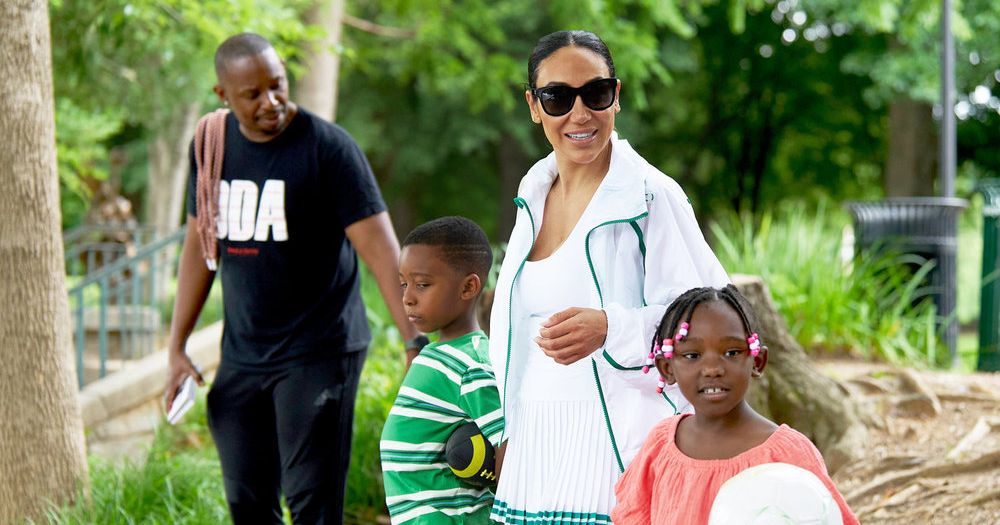
"The original series was really about classism more than anything. A wealthy woman, often from an urban area, would switch with a less wealthy woman, usually from a rural area. The rich lady would struggle with tending animals, living in a small house, and lacking creature comforts. The poor lady, for lack of better terminology, would love her life of luxury before finding it entirely empty."
"They would return to their respective homes not just having learned how the other half lived but imparting to the audience that the affluent were more controlled, cleaner, and lonely, while the less affluent were messy, making do, but rich in togetherness (because they couldn't afford anything else). Even so, it was somehow condescending to both, making fun of our differences rather than using them to bring people together."
"It's not as if she doesn't have her faults as a Housewife (cough, inventing personal story lines, cough), and it's not just because I hate her sister-in-law and archnemesis, Teresa Giudice, with the fire of a million billion suns. I've always thought Melissa was articulate, hardworking, levelheaded, and absolutely gorgeous, which shouldn't matter, but I'm sorry it does because I am shallower than the Smurfs' swimming pool."
A remembered Wife Swap scenario frames the show's focus on classism: urban wealthy women swap with rural less wealthy women, making the rich struggle with labor and the poor briefly enjoy luxury that feels empty. The swaps reinforce stereotypes: affluent are controlled, cleaner, and lonely while less affluent appear messy but rich in togetherness. The format often feels condescending to both groups. Melissa Gorga appears as a divisive subject who is articulate, hardworking, levelheaded, and glamorous. There are questions about her traditional domestic roles and family tensions, especially with Teresa Giudice.
Read at Vulture
Unable to calculate read time
Collection
[
|
...
]